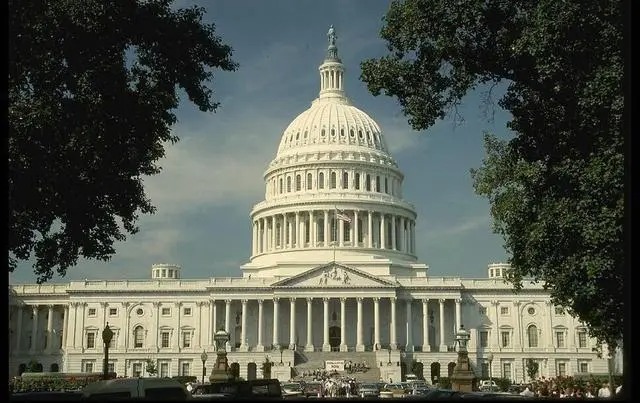The only certainties in life are death and taxes. On July 30, the White House released a 166-page digital asset report covering taxation, banking, stablecoins, and DeFi. It includes descriptions of reporting obligations for global crypto assets for U.S. citizens.
Mandatory Reporting of Overseas Crypto Assets
The most notable part of the report is the requirement for U.S. taxpayers to report "foreign digital asset accounts". The new rules follow the FBAR threshold, imposing reporting obligations on any overseas crypto assets exceeding $10,000. The White House emphasized that cross-border transfers and offshore exchanges increase "tax evasion risks", and tax authorities must close these gaps.
The IRS has removed the "intentional non-reporting" option from Form 14457, indicating a shift in enforcement focus to "compliance reporting". Additionally, the U.S. will collect data according to the OECD's Crypto Asset Reporting Framework (CARF) starting January 1, 2026, with the first information exchange expected in 2028.
The convenience of cross-border transfers and offshore exchanges provides U.S. taxpayers opportunities to avoid tax obligations.
DeFi Exemption: Regulatory Balance Under Anonymity
The White House report notes that the IRS and Treasury should "not impose new reporting requirements on DeFi transactions". DeFi lacks centralized intermediaries or identifiable users, making tracking difficult. The report provides an exemption, reflecting the government's desire not to stifle innovation or overextend jurisdiction into decentralized, identity-less finance.
In other words, whether U.S. citizens need to report crypto assets "hidden" in self-custodial wallets is left to individual conscience.
However, the CLAIRTY Act only exempts "fully decentralized" projects, and FinCEN has been instructed to assess whether the Bank Secrecy Act needs a dedicated chapter. As DeFi increasingly interacts with traditional finance, potential regulatory tightening remains to be seen.







